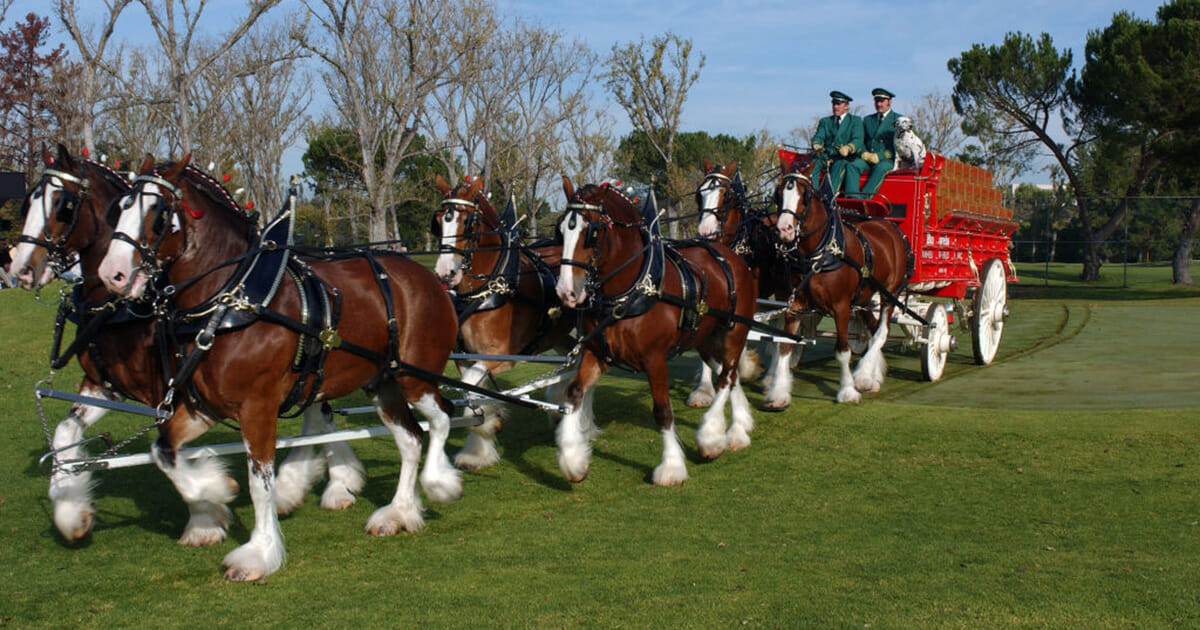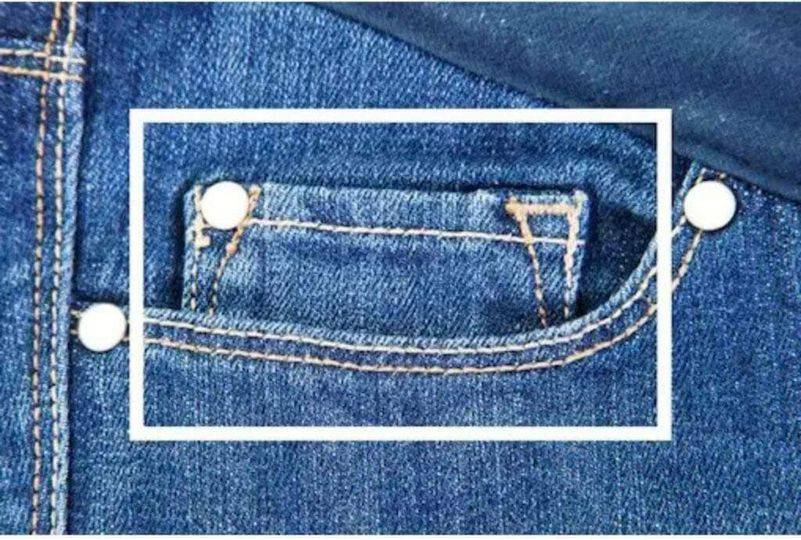
Budweiser’s Clydesdales have captivated hearts worldwide as one of the most recognizable mascots in history. These majestic horses, with their public appearances and beloved Super Bowl commercials, have been a symbol of Budweiser since the 1930s. However, recent concerns raised by PETA regarding the treatment of these horses have prompted Budweiser to make a change that has animal lovers cheering.
PETA Uncovers Disturbing Practices
Earlier this year, animal welfare organization PETA launched an investigation into the treatment of the Budweiser Clydesdales. They visited the horses’ breeding facility at Warm Springs Ranch in Missouri, as well as Grant’s Farm where they are trained. Shockingly, PETA discovered that Budweiser was amputating the horses’ tails for cosmetic purposes. This practice, known as “tail docking,” is widely condemned by the horse community and banned in 10 US states.
According to PETA, the American Association of Equine Practitioners “condemns the alteration of the tail of the horse for cosmetic or competitive purposes.” The practice of tail docking goes against the American Veterinary Medical Association’s Principles of Veterinary Medical Ethics. Horses rely on their tails to protect themselves against insect bites and associated viruses, making tail docking not only a cosmetic concern but also a welfare issue.
Equine veterinarian Sid Gustafson explains, “The tail supports and facilitates insect defense, comfort, welfare, reproduction, and disease prevention. It is abusive and inhumane to deprive a horse of their tail.” Tail amputation affects a horse’s balance, especially during running and turning, which can have long-term consequences.

A Major Change by Budweiser
Following immense pressure from PETA and thousands of supporters, Budweiser has announced a welcome change. They have committed to ending the practice of tail docking for their Clydesdales. An Anheuser-Busch spokeswoman stated, “The safety and well-being of our beloved Clydesdales is our top priority. The practice of equine tail docking was discontinued earlier this year.”
PETA’s Senior Vice President, Kathy Guillermo, celebrated the news, saying, “This victory comes after dozens of PETA protests, nationwide ad campaigns, and pleas from concerned consumers. It sends a message to other companies that animal abuse doesn’t sell.” It is a step in the right direction for Budweiser, who have a long history of endearing mascots, from the Budweiser frogs to the famous “wassup!” guys. However, the Clydesdales have always held a special place in the hearts of Americans since their first appearance in the 1930s.

The Enduring Legacy of the Clydesdales
The Budweiser Clydesdales have remained iconic mascots for Budweiser throughout the decades, making appearances across the country. Since the 1950s, they have been accompanied by a mascot dalmatian. Their most memorable moments are often during the Super Bowl, where commercials like “Puppy Love” and the 2002 “Respect” ad paying tribute to the victims of 9/11 have left a lasting impression.
We are relieved to hear that the Clydesdales will no longer have their tails needlessly mutilated. These horses hold a special place in the hearts of Budweiser and fans nationwide. Let’s share this amazing news and celebrate the positive change for these magnificent creatures.





